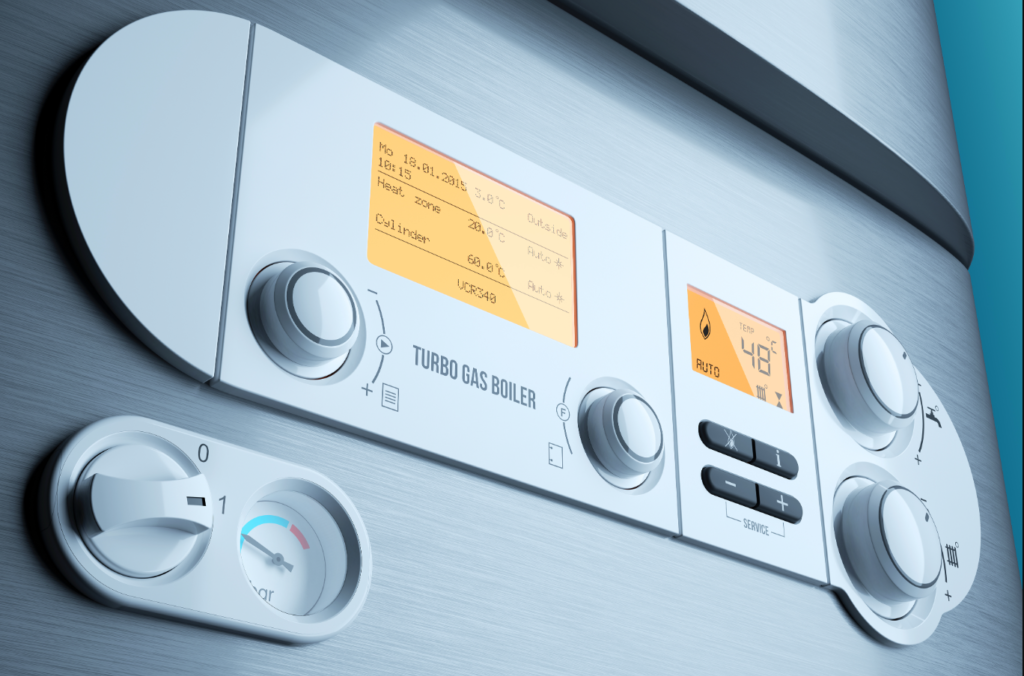Building wealth through homeownership is one of the most consistent paths to financial freedom. In recent years, homeowners in New Jersey have increasingly turned to Home Equity Lines of Credit (HELOCs) as a strategic tool to unlock their property’s value and fund long-term growth. Rather than waiting decades for equity appreciation, many are now learning how to make that equity work for them today—through smart, informed financial planning.
Understanding HELOCs and Their Role in Wealth Building
A Home Equity Line of Credit (HELOC) allows homeowners to borrow against the available equity in their property. Unlike traditional loans, a HELOC functions as a revolving line of credit, meaning you can draw, repay, and redraw funds as needed within your credit limit.
This flexibility is what makes it a powerful instrument for wealth building. By using your home’s equity strategically—such as for real estate investments, home improvements, or debt consolidation—you can position yourself for stronger long-term returns.
To understand how a HELOC works, you can explore HomeEQ’s resource on how HELOCs work, which outlines the process and benefits in simple, practical terms.
Why New Jersey Homeowners Are Turning to HELOCs
New Jersey’s housing market offers both stability and appreciation potential, making it ideal for leveraging home equity. Homeowners in cities like Moorestown, Princeton, and Cherry Hill have seen property values rise steadily, creating a growing opportunity to access funds through HELOCs without selling or refinancing their homes.
Some common uses of HELOCs in New Jersey include:
-
Financing home renovations to increase property value
-
Investing in real estate or rental properties
-
Paying off high-interest debt to improve cash flow
-
Funding education or small business ventures
Unlike conventional loans, the HELOC application process—especially through modern platforms like HomeEQ—is fully digital, fast, and transparent. Learn more about how to apply for a HELOC online in just minutes.
Strategies for Using HELOCs to Build Long-Term Wealth
Smart use of a HELOC requires planning and discipline. Here are a few effective strategies:
1. Reinvest in Property Improvements
Upgrading your home’s energy efficiency, kitchen, or bathroom can increase its resale value. These improvements often yield returns that exceed the cost of borrowing.
2. Invest in Additional Real Estate
Many New Jersey homeowners use a HELOC to fund a down payment on a second home or investment property. This method allows them to expand their real estate portfolio without depleting savings.
3. Consolidate High-Interest Debt
Using a HELOC to pay off credit card or personal loan debt can lower your monthly payments and free up cash for future investments.
4. Build an Emergency Fund
Accessing funds through a HELOC during unexpected financial challenges can help maintain stability without tapping retirement accounts.
5. Leverage HELOCs for Business Growth
Entrepreneurs often tap into their home equity to fund startups, purchase equipment, or bridge short-term cash flow needs—especially when traditional business financing is limited.
Risks and Considerations
While a HELOC offers significant financial flexibility, it’s not without risks. Mismanaging borrowed funds or over-leveraging equity can lead to long-term debt challenges. Interest rate fluctuations can also affect monthly payments, so it’s essential to understand the terms and repayment structure.
Before applying, always evaluate your debt-to-income ratio, current mortgage balance, and long-term financial goals. Responsible use of a HELOC can build wealth—but careless borrowing can erode it just as quickly.
Frequently Asked Questions (FAQ)
1. How much equity do I need to qualify for a HELOC in New Jersey?
Most lenders require at least 15–20% home equity, but this can vary based on credit score, income, and property value.
2. Can I use a HELOC to buy an investment property?
Yes. Many New Jersey homeowners use HELOCs as a flexible financing option for investment properties, provided they have sufficient equity and meet lending criteria.
3. Is the interest on a HELOC tax-deductible?
In certain cases, yes—particularly if funds are used for home improvements. Consult a tax advisor to understand eligibility based on IRS guidelines.
4. How quickly can I access funds after approval?
Digital HELOC providers like HomeEQ typically process applications and approvals within days, allowing access to funds in as little as a week.
5. What’s the main difference between a HELOC and a home equity loan?
A HELOC is a revolving line of credit with flexible draws, while a home equity loan provides a fixed amount upfront with structured payments.
Final Thoughts
For New Jersey homeowners, a HELOC represents more than just another loan—it’s a financial strategy. Whether you’re planning renovations, investing in property, or consolidating debt, leveraging your home equity wisely can accelerate your journey toward long-term financial independence.



